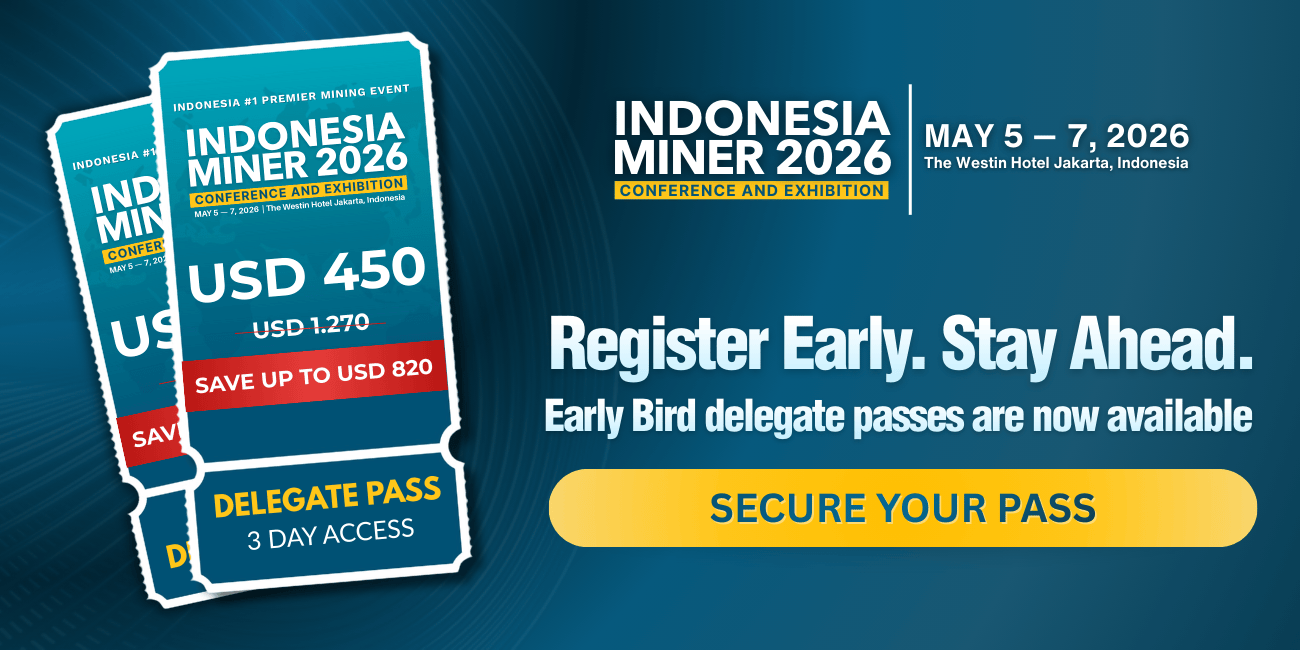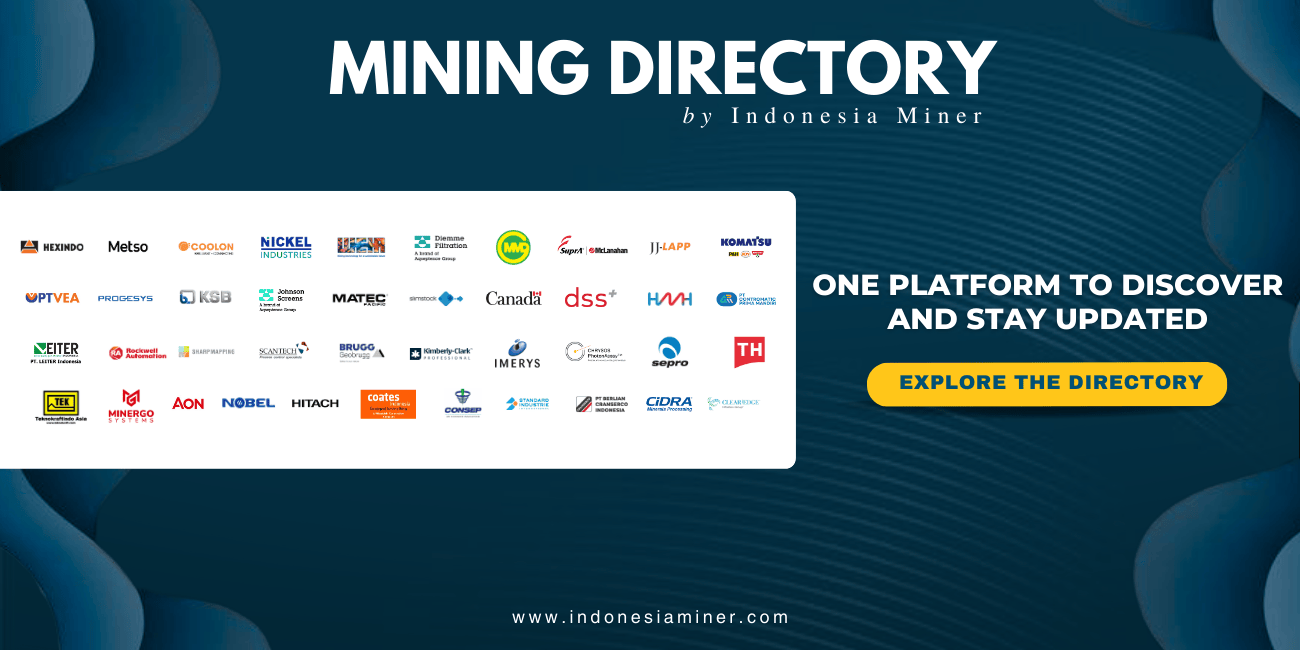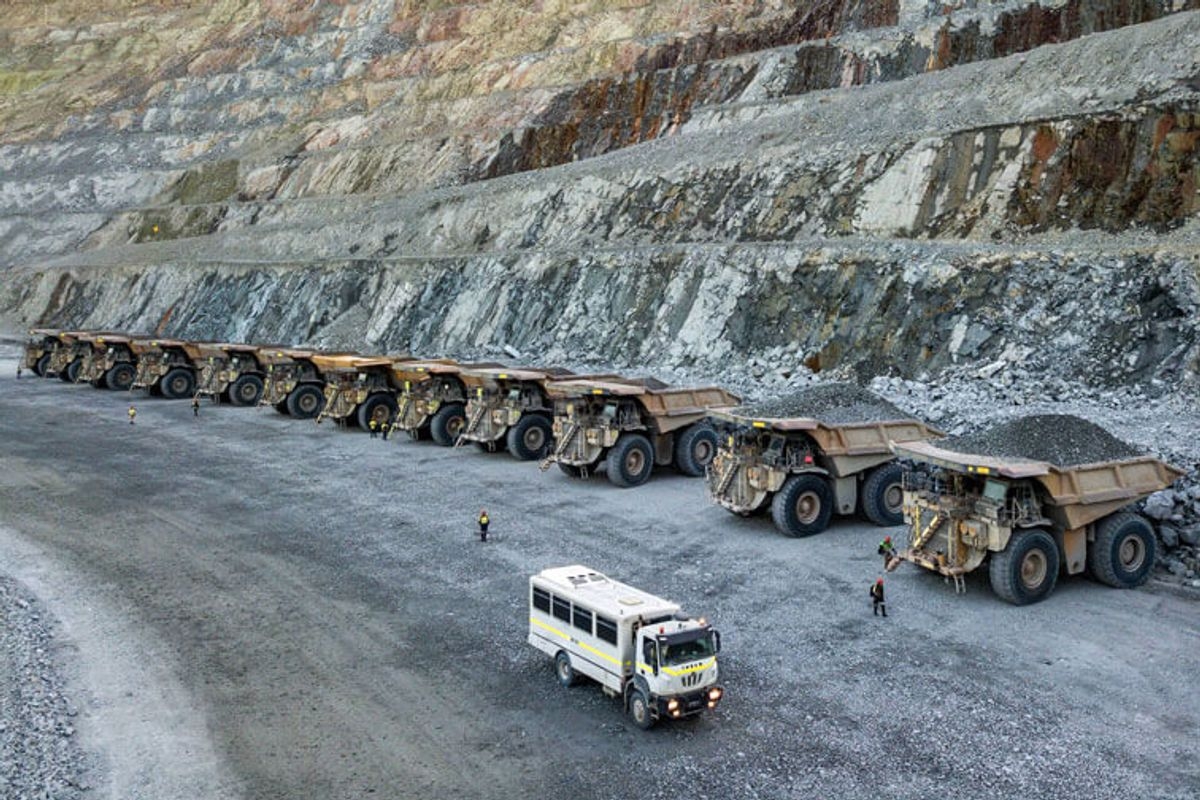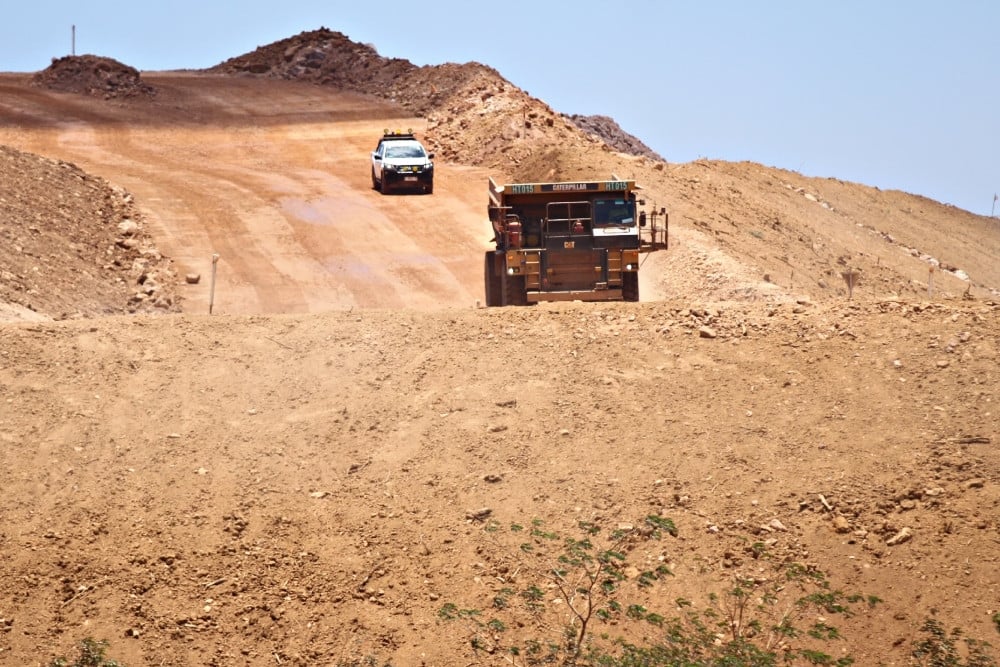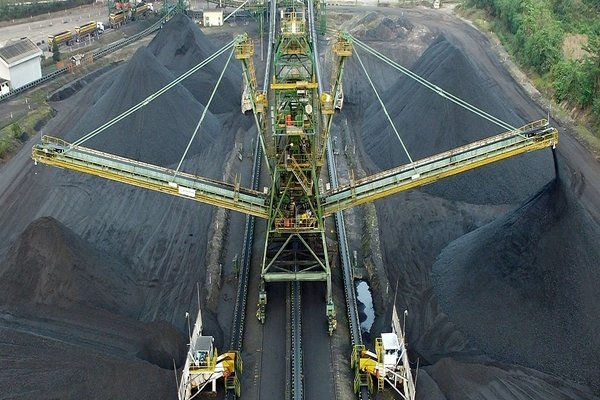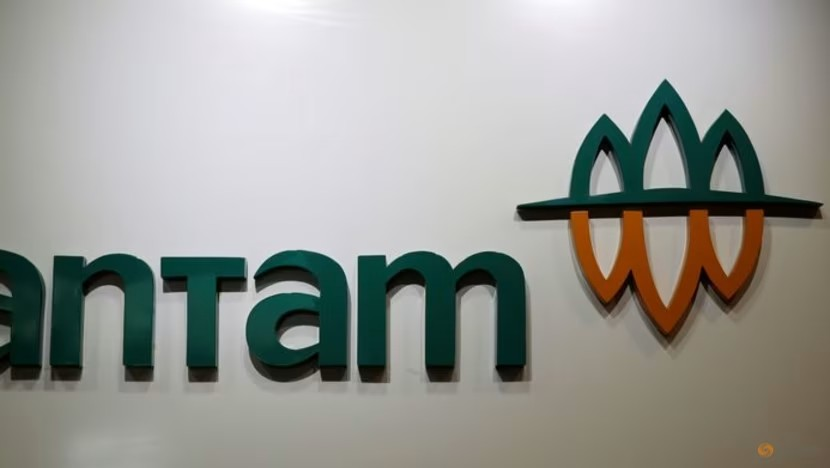Indonesia Downstream Minerals Are Quite Successful But Domestic Uptake is minimum
Fri 21 Oct 2022, 08:00 AM
Share
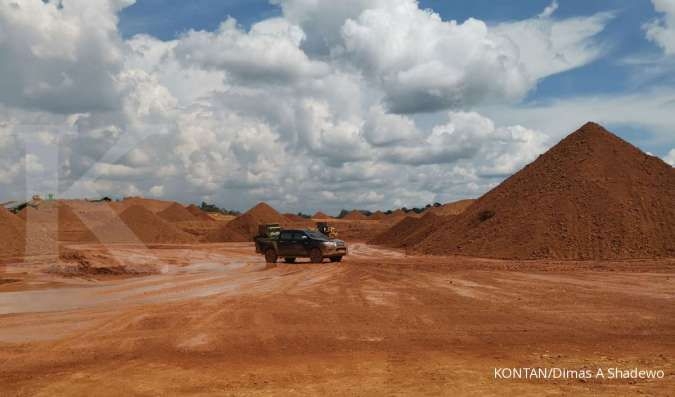
The Indonesian Mining Experts Association (Perhapi) assessed that the downstream program for minerals such as nickel and tin was quite successful in boosting state revenues. However, so far, the absorption of value-added mineral products is still not optimal.
Perhapi Chairman Rizal Kasli said that so far the downstream steps of mineral and coal are considered quite successful, especially in several commodities such as nickel and tin.
Law Number 3 of 2020 concerning Mineral and Coal Mining mandates that downstreaming is an obligation. The government has also banned the export of raw materials or mineral ore abroad with the aim that downstreaming runs well in Indonesia.
It should be noted that according to the Indonesian Standard Classification of Business Fields (KBLI) the Ministry of Energy and Mineral Resources is in charge of downstreaming until it reaches intermediate products and then in the downstream industry, it is the duty of the Ministry of Industry.
Especially in nickel commodities, there have been many smelters and refineries to process nickel into products such as Nickel Matte, NPI, FENI and also MHP as raw materials for electric vehicles (EV).
"However, because it cannot be absorbed domestically, many of these products are still exported to other countries to be processed into finished products (manufacturing industries)," he explained to Kontan.co.id, Friday (14/10).
So far, there are still several commodities that have not developed downstream, such as iron commodities, especially iron sand. The mineral has not yet developed its processing and refining in Indonesia. Iron sand is generally used for the cement industry.
Rizal explained, for iron ore, there have been several smelters built and operating, but the number needs to be increased in order to absorb its products in Indonesia.
For bauxite commodities, said Rizal, currently there are only two refineries and one aluminum smelter built and operating in Indonesia. Some are under construction and feasibility studies.
Currently, bauxite ore is still exported abroad. While the aluminum raw materials necessary for the domestic forming and manufacturing industries are imported from abroad.
"Generally, the absorption of mineral derivative products is still very low because there is no industrial ecosystem that can absorb these intermediate products, still far below 50% of domestic absorption. Almost most of these intermediate products are exported abroad," explained Rizal.
He gave an overview, in 2020 Nickel Matte (40%-70% Ni) and FeNi (16%-30% Ni) products of 91,200 tons and 2.8 million tons were all exported, respectively. Meanwhile, Indonesia still imports a lot such as stainless steel (slab, HRC, Rod / bar, pipe, tube and wire). Specifically cobalt needs hamper everything is still imported.
After the nickel ore ban is implemented in 2020, the Government of Indonesia will encourage a ban on tin mineral ore in the near future. Rizal advised that for the ban on the export of tin (tin ingots) it is necessary to conduct an in-depth study first so that the results are maximum. Perhapi is currently reviewing the matter to provide recommendations to the government in terms of policy.
"The point is that the development of domestic industries needs to be carried out immediately so that the absorption in the country can be carried out optimally. Likewise for copper and bauxite," Rizal said.
For bauxite copper, several companies are and will build their processing domestically such as PT Freeport Indonesia in Gresik. For bauxite in Bintan and West Kalimantan.
Image source: KONTAN/Dimas A Shadewo
Source: https://industri.kontan.co.id/news/hilirisasi-mineral-cukup-berhasil-tapi-serapan-di-dalam-negeri-masih-minim
